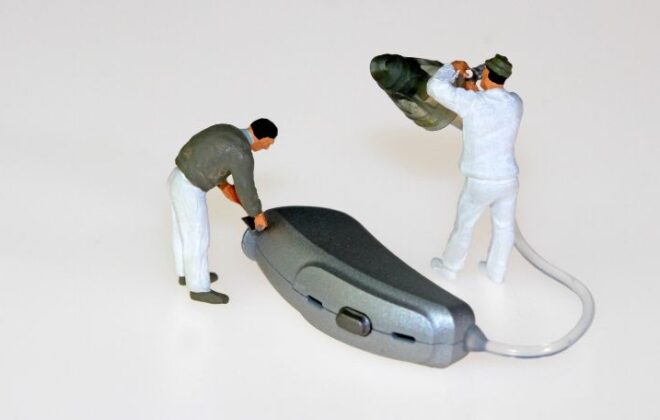Things to know before you buy hearing aids
Buying hearing aids is not that easy. You can’t place an online order and start wearing it. It is highly recommended that you first take a hearing test, consult a hearing specialist and go for a hearing as per the professional advice.
If you feel that you have hearing issues propping up, it is prudent for you to go in for a diagnostic hearing test. They can precisely measure your hearing loss and what kind of hearing aid will eventually help you.
Once the test report comes, you might as well receive a referral to an ENT Specialist. You need to consult an ENT specialist if you have unusual patterns of hearing loss or pain drainage or asymmetrical or uneven hearing loss, or you have vertigo.
The next best thing is to consider meeting with an audiologist trained and licensed to diagnose and treat hearing disorders. An audiologist can take your medical history and perform further tests along with a physical test.
Right Hearing Aid
We have a misconception that all hearing aids are just the same. They can be very different, with some types fitting behind your ear while others fit within the ear canal. Some types of hearing devices can connect wirelessly to your phone, filter out background noise, and run on rechargeable batteries.
Types of hearing aids
It is always prudent for you to get a professional assessment of the type and severity of your hearing loss as it can help you choose the right type of hearing aid. You will want a device that helps with your specific type of hearing loss, fits your lifestyle, matches your budget, and is comfortable to wear.
Some hearing devices fit behind or in your external ear, and some fit entirely in the ear canal. These tiny devices slip into your ear canal and are somewhat invisible. These tend to be more expensive because there’s a lot of craftsmanship, research, and everything that goes into making them.
The main types of hearing aids are behind-the-ear (BTE), in-the-canal (ITC) or completely in-the-canal (CIC), in-the-ear (ITE), and receiver-in-canal (RIC). Each type has its advantages and otherwise. For instance, some people don’t like how ITC options block airflow in the ear, while others like how they are less noticeable and easily allow for the use of headphones and mobile phones.
How to choose the right type of hearing aid
Hearing aids are so much more than just sound amplifiers. They differ in design, visibility, fit, and unique features. It’s best to consult with a hearing specialist like an audiologist who can give you personalized recommendations To discover which options best fit your lifestyle, hearing loss, and budget.
Buying from a physical retail store
There are umpteen advantages of buying hearing aid from renowned physical stores like Astra ENT and Hearing Clinic. You can see what you are getting in the first place. Secondly, you can try on the hearing aids and efficiently address any issues by visiting the store. On the negative side, local retail stores may not have the cheapest offerings or carry the specific brands or products you might be looking for.
Online
Many manufacturers sell directly to consumers online. Remember that while some retailers offer online hearing tests, others require you to provide an audiogram or hearing test results when placing an order.




